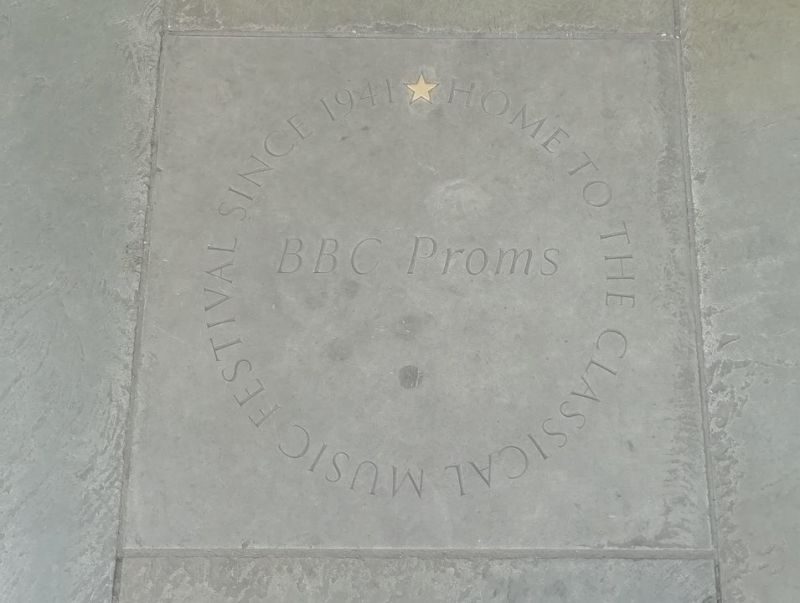Is Twitter dead yet?
Nov. 20th, 2022 01:26 pmI've been amused by all the reports about what's been going on in Twitter since Elon Musk's takeover. Oddly enough, slagging off your employees and immediately sacking half of them without due process isn't a particularly good look. (Then trying to hire some of them back and getting responses mainly from the subset requiring visa sponsorship says a few things about the wider IT sector.) Musk has somehow got away with this kind of behaviour elsewhere, so it really is time for him to crash and burn, and after this week's ultimatum I wouldn't have much sympathy with those who chose to stay to the end either. My suspicion is that it will limp on in some form but go down in history as yet another disastrous tech acquisition, in this case a mind-bogglingly expensive one. The previous board of Twitter took their short-term fiduciary duties to shareholders seriously.
Meanwhile, Meta also sacks thousands of workers in a different form of dysfunctional capitalism. Zuckerberg sells shares to the public but retains all the voting power. Caveat emptor and all that.
The most surprising thing in all this is that Tesla ought to be a "tech for good" company. How it got to be successful with such a mediocre man-child running it is beyond me.
Meanwhile, Meta also sacks thousands of workers in a different form of dysfunctional capitalism. Zuckerberg sells shares to the public but retains all the voting power. Caveat emptor and all that.
The most surprising thing in all this is that Tesla ought to be a "tech for good" company. How it got to be successful with such a mediocre man-child running it is beyond me.
